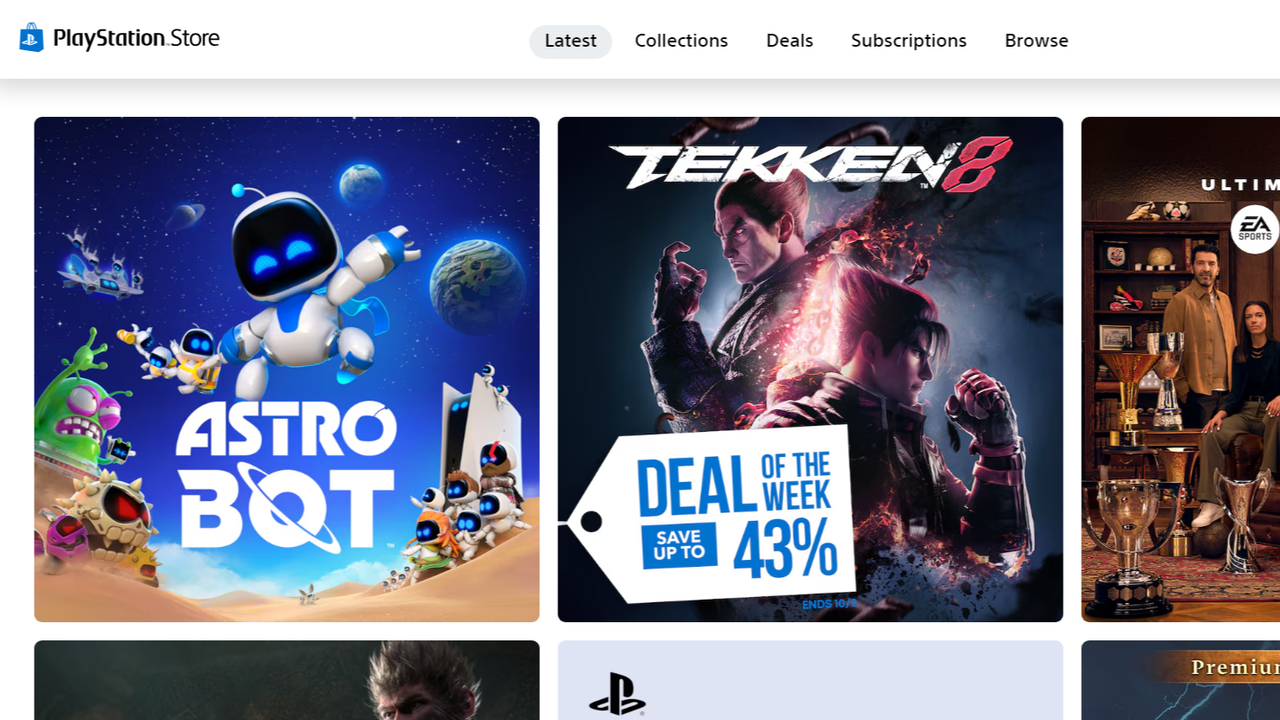California Governor Gavin Newsom has signed a bill into law that won’t stop companies from taking away your digitally purchased video games, movies, and TV shows, but it’ll at least force them to be a little more transparent about it.
As spotted by The Verge, the law, AB 2426, will prohibit storefronts from using the words “buy, purchase, or any other term which a reasonable person would understand to confer an unrestricted ownership interest in the digital good or alongside an option for a time-limited rental.” The law won’t apply to storefronts which state in “plain language” that you’re actually just licensing the digital content and that license could expire at any time, or to products that can be permanently downloaded.
The law will go into effect next year, and companies who violate the terms could be hit with a false advertising fine. It also applies to e-books, music, and other forms of digital media.



It’s not that simple though.
Steam doesn’t suffer a piracy problem because what they offer and the cost they offer it at outweighs the DRM, and there are certain things you can’t do on the pirated copy because of the DRM (online play / friends / social stuff)
If suddenly valve decided not to do any DRM and the games could be freely copied, played online and use their friend services, of course they’d have a piracy problem. Of course I’d share a copy to all my friends, who would all do the same. (edit: and at that point it’s not even piracy anymore, it’s just sharing with friends because you aren’t circumventing anything)
Valve has found a sweet spot in this regard, but the DRM is important to their success, but we don’t have ownership. We can also solve the ownership problem
nowin the future or at small/medium scale now…Taping off the radio didn’t kill the music industry, neither did Napster. Adobe did perfectly fine while small artists were using pirated copies of Photoshop. Sharing DRM-free software isn’t going to bring about the apocalypse. It’s already been happening for decades.
Providing a convenient storefront and launcher is enough for most customers if they think the price is fair. Gating multi-player, or achievements, or even hats behind some kind of proof of payment is going to catch a lot of people who might otherwise get a free copy.